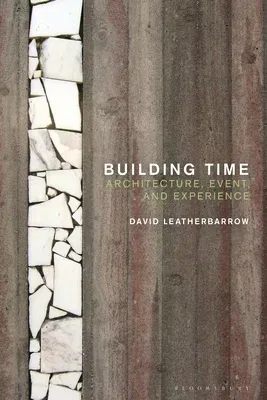While most books on architecture concentrate on spatial themes, this
book explores architecture's temporal dimensions. Through a series of
close readings of buildings, both contemporary and classic, it
demonstrates the centrality of time in modern architecture, and shows
why an understanding of time is critical to understanding good
architecture.
All buildings exist in time. Even if designed for permanence, they
change, slowly but inevitably. They change use, they accrue history and
meaning, they decay - all of these processes are inscribed in time. So
too is the path traced by the sun through a building, and the movements
of the human body from room to room. Time, this book argues, is the
framework for our spatial experience of architecture, and a key
dimension of a building's structure and significance.
Building Time presents twelve close readings of buildings and artworks
which explore this idea. Examining works by distinctive modern
architects - from Eileen Gray to Álvaro Siza and Wang Shu - it takes the
reader, in some cases literally step-by-step, through a built work, and
provides insightful reflections on the importance of 'making space for
time' in architectural design.
This is a book for both theorists and for architectural designers.
Through it, theorists will find a way to rethink the fundamental
premises and aims of design work, while designers will rediscover the
order and ideas that shape the world around them-its buildings,
interiors, and landscapes.

